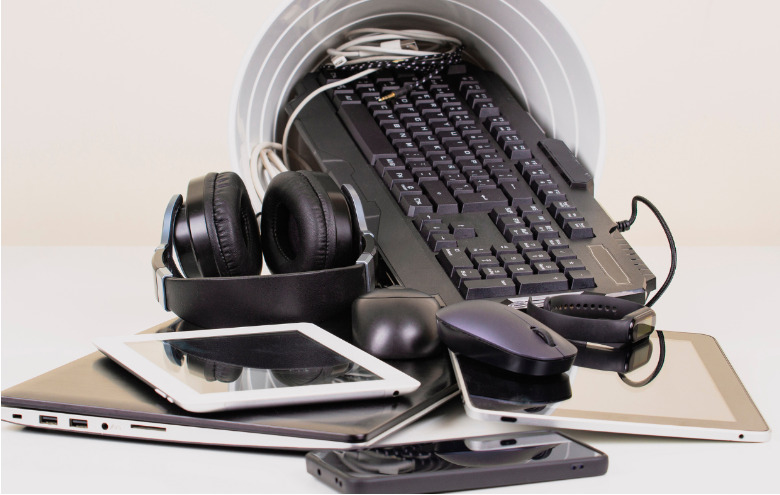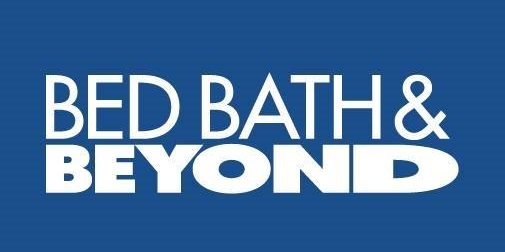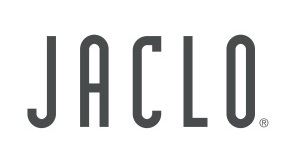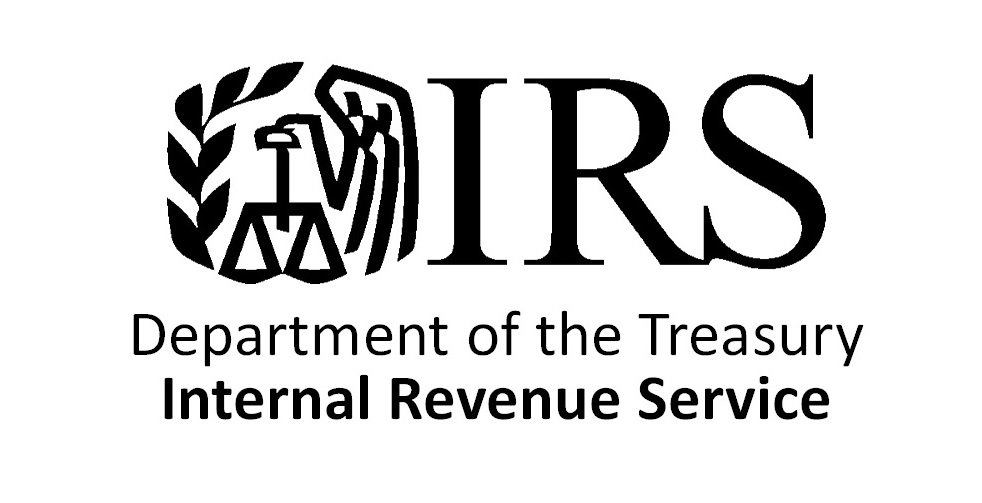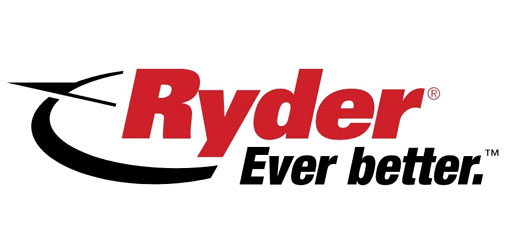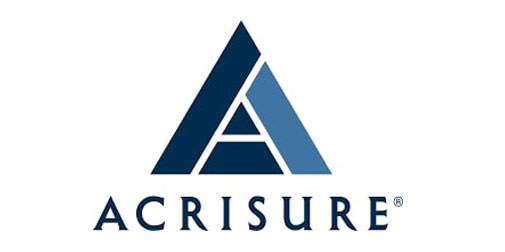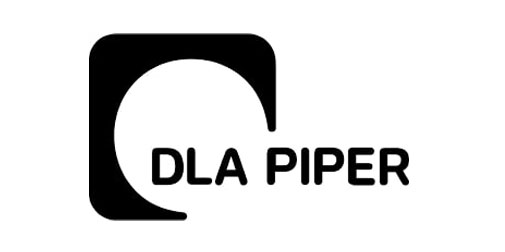Recycling electronic waste is crucial for environmental sustainability by reducing the impact of our footprint on the environment. Once you discard your old electronics, do you know how they are recycled into new materials?
Read on to learn more about what happens at the electronic recycling center in Hudson County, New Jersey.
What is eWaste?
Electronic waste, or eWaste, consists of unwanted electronic devices. They can be broken down, outdated, or even functional computers, phones, or televisions that you don’t have a use for anymore.
eWaste contains harmful chemicals and toxic materials that contaminate the environment if not disposed of properly; that’s why recycling your electronics is very important.
How is eWaste Processed at the Recycling Center in Hudson County
Once your eWaste is collected and transported to a recycling facility, it undergoes a series of procedures to separate the different components so they can be used to create other items.
Below is a simple step-by-step explanation of what goes on during eWaste processing.
Manual Sorting and De-manufacturing
The first step involves manually sorting and categorizing the eWaste depending on their types.
Functional parts are then extracted for use, and the remaining waste is separated into components in a process known as de-manufacturing.
De-manufacturing aims to remove hazardous materials like toners that could destroy machines, cause accidents during the recycling process, or contaminate the environment when they enter landfills.
Shredding
Note that electronics consist of various materials, including metals, plastics, and even glass, all recycled differently. eWaste goes into a shredding machine, which breaks it down into small pieces, so it’s easier to separate the different materials mechanically.
Dust Extraction
The shredded pieces go into a conveyor belt where they are shaken and spread. The dust is then collected and disposed of to prevent environmental degradation during recycling.
Magnetic Separation
The waste passes under a huge magnet to separate magnetic materials like steel and iron from the rest. Further mechanical processes may be necessary to separate materials weakly attracted to magnets, such as aluminum and copper, from plastics.
Water Separation
Non-magnetic materials like glass and plastic remain after magnetic separation. During water separation, the waste goes through a water-filled machine where low-density materials like plastic will continue flowing. At the same time, those with high density, like glass, will sink.
Waste Stream Purification
Lastly, the waste stream undergoes an examination to check for any remaining valuable materials that may have stuck to the plastics and recovers them for recycling. Once the processing is done, the recycled materials are repackaged and sold.
Recycle at Reboot Electronic Recycling in Hudson County, New Jersey
If you are looking to recycle unwanted electronics in Hudson County, New Jersey, then be sure to visit Reboot Electronic Recycling.
Our services include:
Free drop-off and pick-up
We accept weekday drop-offs from 10 AM-4 PM at our recycling center in Mountainside, NJ. We also offer pick-up services for a minimum of 15 pieces.
Free data destruction
We destroy all personal or sensitive information before recycling your electronics.
Landfill Reduction Pledge
Our mission is to reduce electronic waste in landfills. The landfill reduction pledge is our guarantee that your electronics will be recycled or disposed of in an environmentally responsible manner.
We invite you to be part of our environmental efforts by recycling your electronics with Reboot Electronic Recycling in Hudson County, New Jersey. Contact us to schedule a free eWaste pickup.

